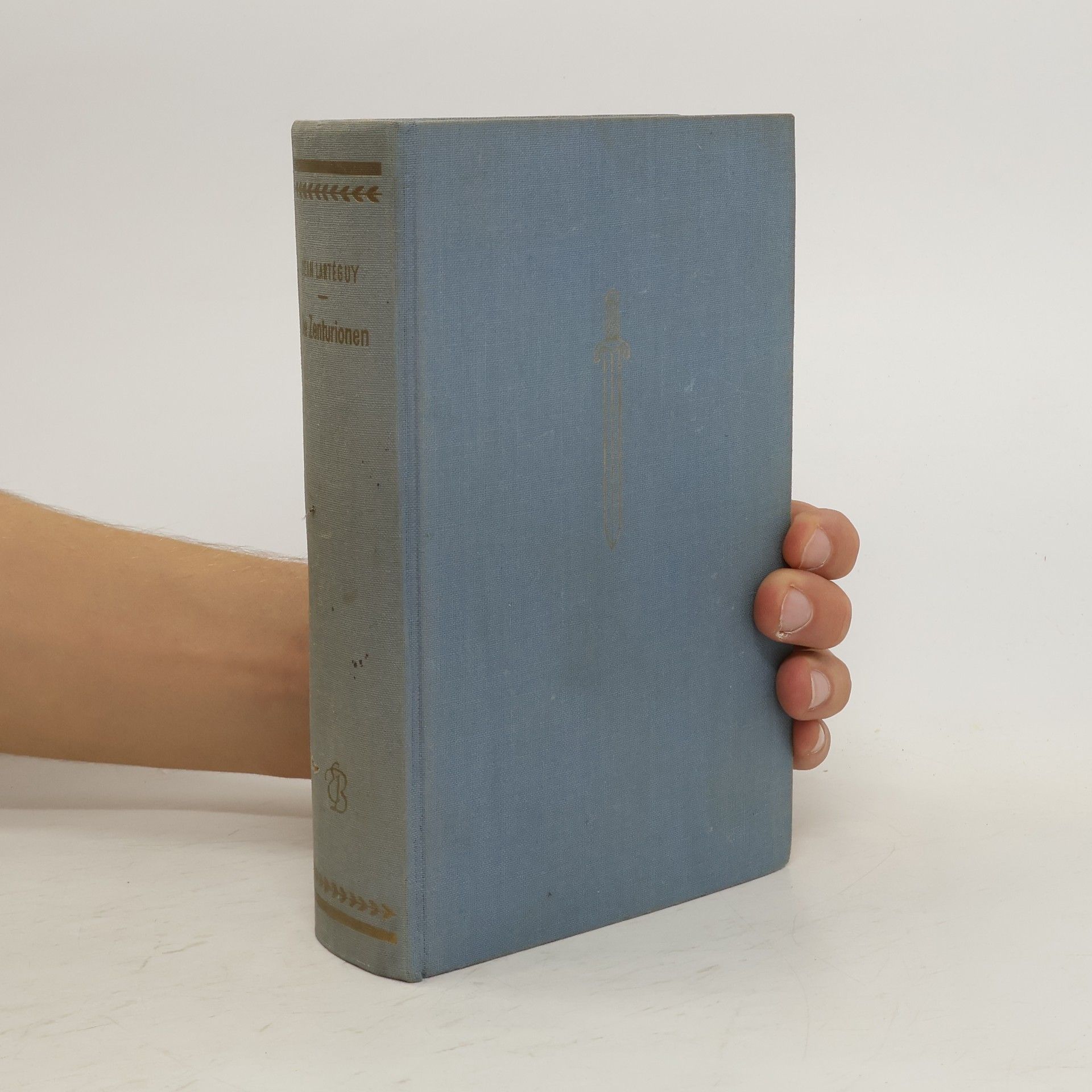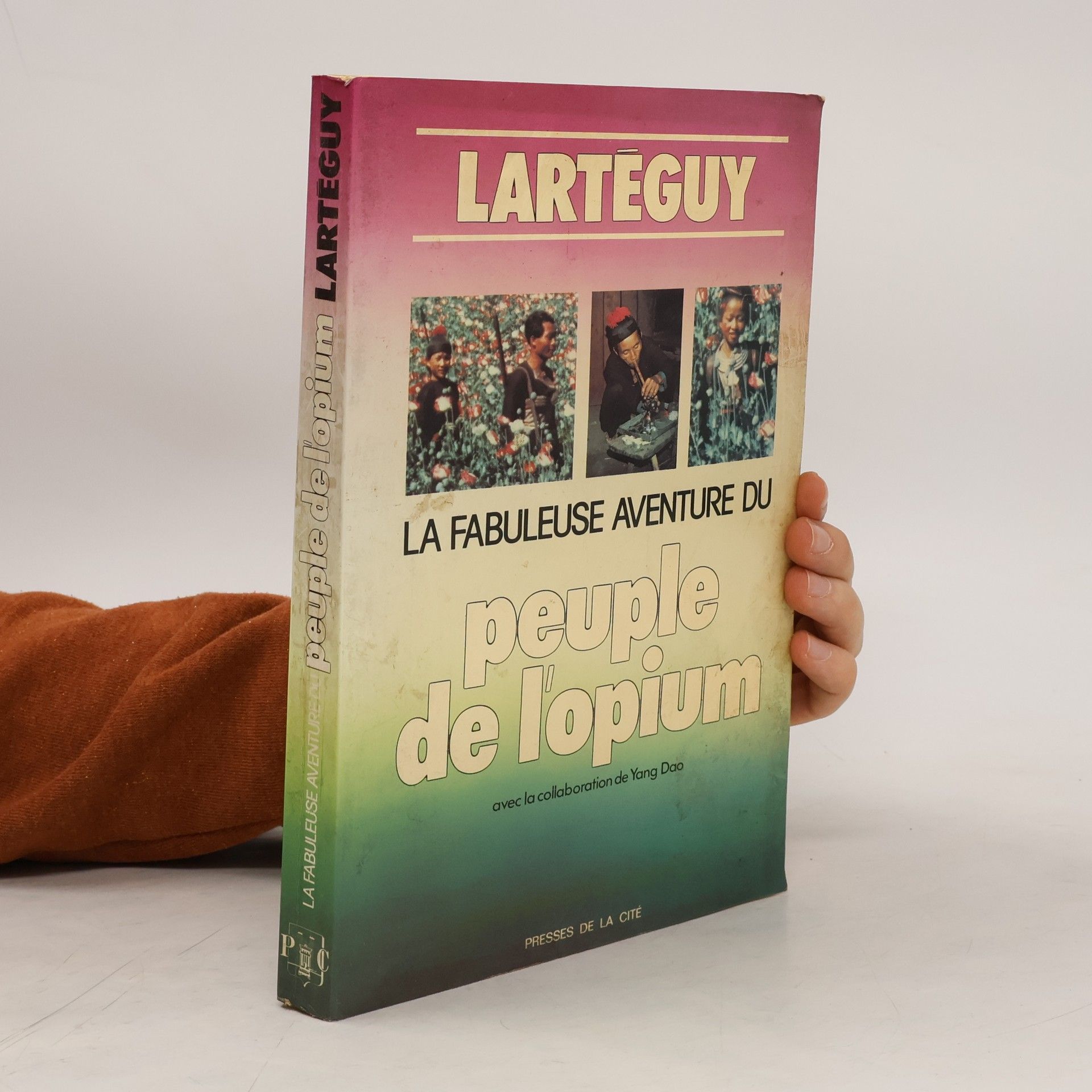La fabuleuse aventure du peuple de l'opium
- 254 stránok
- 9 hodin čítania
French
Lartéguyho písanie je hlboko poznačené jeho rozsiahlymi skúsenosťami ako vojaka a vojnového spravodajcu. Jeho diela skúmajú zložité témy dekolonizácie, nacionalizmu a expanzie komunizmu, často s drsným pohľadom na neheroickú realitu vojny. Prostredníctvom svojich románov, ako je ten, ktorý sa zaoberá krízou v Katange, sa Lartéguy ponára do chaosu občianskej vojny a kritizuje kolonializmus. Jeho diela, ktoré ovplyvňujú vojenských profesionálov, sa dotýkajú aj vplyvných myšlienok, ako je scenár tikajúcej bomby, ktoré rezonujú v moderných debatách.






French